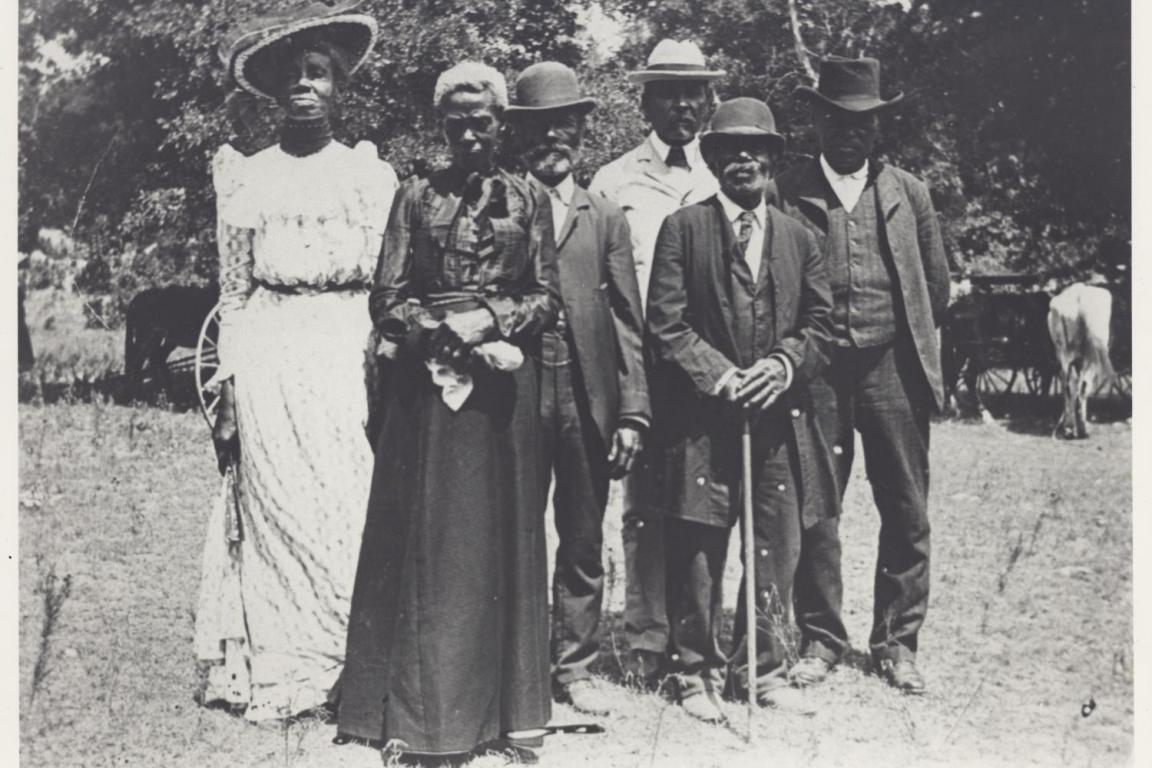The nursing field has a wide array of specialties to choose from. This can make it difficult for nursing majors and nurses-in-training to find which one they like best. A common specialty debate for soon-to-be-nurses is whether to choose between being an Intensive Care Unit (ICU) or Post Anesthesia Care Unit (PACU) nurse. To give you a little more background on what these nurses do, we’ll take you through each specialty and their responsibilities.
ICU Nurses
What do they do?
An intensive care unit nurse has one of the most high-pressure jobs in the business. These nurses are usually highly specialized and trained, working in high-stress and high-pressure environments throughout hospitals. ICU nurses deal with patients that in some cases, have life-threatening illnesses or conditions that need proper care and attention. These nurses have to be highly trained and certified in order to make life-changing decisions at a moment’s notice. Intensive Care Unit nurses provide specialized care and treatments. Some other ICU nurse responsibilities include:
- Monitoring a patient’s progress
- Caring for a patient throughout their recovery journey
- Assessing a patient’s pain level and administering medication as needed
- Delivering regular updates to doctors and a patient’s family
Unlike a typical ER nurse, an ICU nurse may only be in charge of looking after 1-2 patients and performing their duties in 12-hour shifts.
How do you become an ICU nurse?
To first become an ICU nurse you need a Bachelor of Science in Nursing (BSN) or Associate of Science in Nursing (ASN). At a minimum, you’ll need to be a Registered Nurse (RN) and a few other qualifications include:
- With this job being so competitive, it would help to also have a Master of Science in Nursing
- 2 years of experience
- Pass ICU certifications (optional)
PACU Nurses
What do they do?
Post Anesthesia Care Unit nurses provide critical care to patients post-surgery. These nurses work within the Anesthesia Department and provide care to patients that have been under anesthesia.
Most PACU nurses have knowledge of anesthesia and the effects it can have. Every patient reacts differently to anesthesia and nurses need to carefully monitor vitals. Coming out of anesthesia, a patient can be experiencing a wide array of emotions and feelings, such as fear, anxiety, pain, nausea, etc. PACU nurses need to carefully monitor patients to ensure a safe and healthy recovery post-surgery.
How do you become a PACU nurse?
Like an ICU nurse, PACU nurses also need a BSN or ASN to become an RN, along with two years of experience.
ICU and PACU nurses are both very demanding, yet important specialties that provide patients with life-saving care. Whatever path you choose, Stability is here to help!



